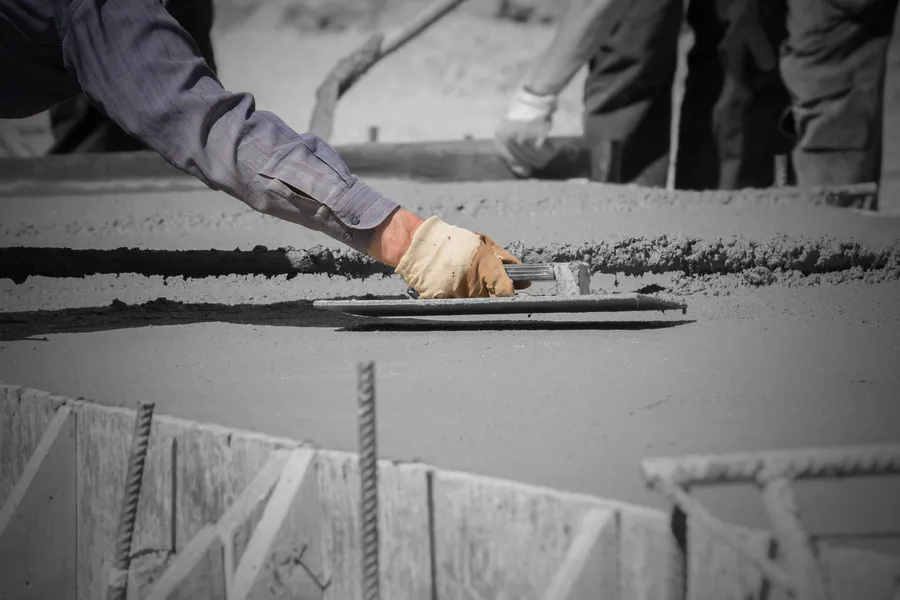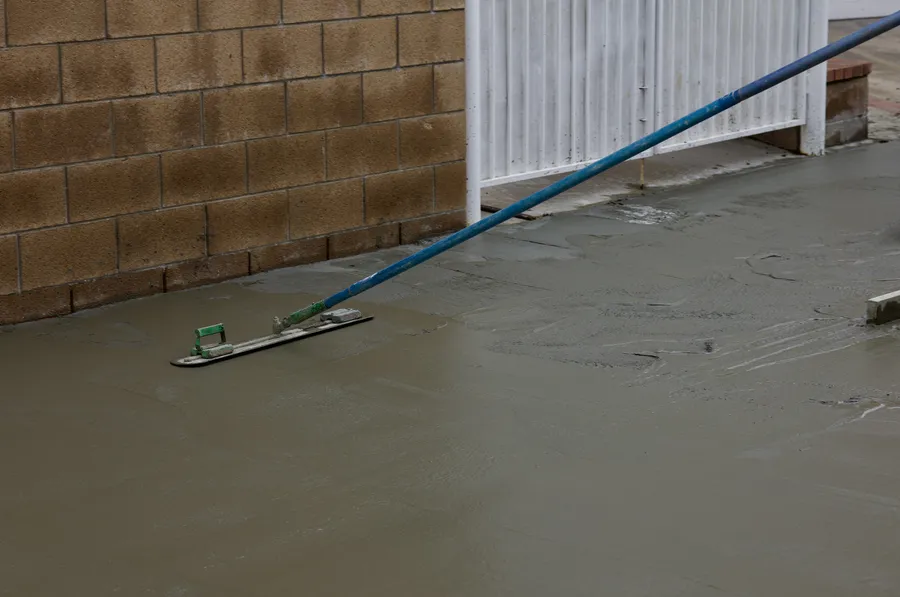An Insightful Guide to Revamping Your Concrete Surfaces
If you are considering giving your concrete surfaces a new look, understanding the resurfacing process is key. This guide will help you know what to expect during this transformative journey. From preparation to finishing touches, each step is crucial for achieving durable and aesthetically pleasing results. We’ll cover everything from the benefits of revamping your surfaces to overcoming common challenges. With clear insights into the process, you’ll be well-equipped to embark on your concrete refurbishment project.

Initial Assessment and Surface Preparation
The first step in the process involves assessing the current state of your concrete surface. Professionals inspect it thoroughly to identify any cracks, stains, or uneven areas that need addressing. Once assessed, the surface must be cleaned meticulously. Dirt, grime, and loose particles are removed using high-pressure water jets or specific cleaning agents. This preparation ensures that the new layer adheres properly and lasts longer.
Applying the Base Coat Layer
After cleaning, a base coat is applied to create a strong foundation for the next layers. The base coat in the concrete resurfacing process serves as an adhesive agent between the old surface and the new overlay. It is typically made of polymer-modified material to enhance bonding and flexibility. Applying this layer evenly is crucial for preventing future peeling or cracking.

Smoothing Out the Overlay Mixture
Next comes the application of the overlay mixture. This step involves creating a smooth surface by applying a thin layer of cement-based product mixed with special compounds for enhanced durability. Concrete resurfacing achieves a uniform texture through careful spreading and leveling, ensuring that imperfections are hidden while providing a renewed look.
Adding Texture and Design Elements
Aesthetic appeal is often added by incorporating textures and designs into your newly resurfaced concrete. Specialists can add patterns or colors according to your preferences, offering both creativity and functionality. Whether you prefer a slip-resistant finish or decorative elements like stenciling, this stage personalizes your concrete’s appearance.
Curing and Drying Time Considerations
Once all layers are applied, allowing adequate curing time is essential for the longevity of your concrete surface. Curing lets the materials harden and stabilize properly, preventing premature wear. Depending on factors like temperature and humidity, drying times may vary. Professionals monitor these conditions closely to ensure optimal results without compromising quality.
Final Sealing for Enhanced Protection
The last stage involves sealing the surface to protect against weathering, stains, and abrasions. A high-quality sealant acts as a barrier, enhancing durability while maintaining its fresh appearance over time. Regular maintenance of this sealant can extend the life of your newly resurfaced concrete significantly.
Your Pathway to Exceptional Results
Choosing professionals for your project’s success can’t be overstated. Their expertise ensures every step-from preparation to final sealing-is executed flawlessly. Trust Juan's Concrete for your needs. Based in Bertram, TX, our skilled team delivers exceptional service tailored to your requirements. Contact us at (512) 612-5075 to begin transforming your spaces today.